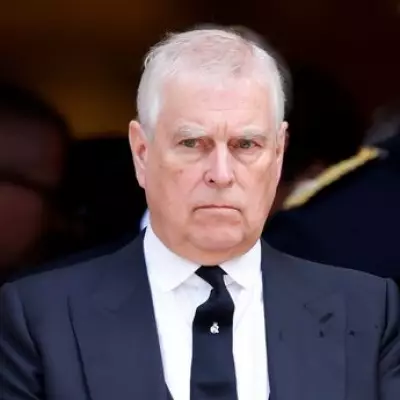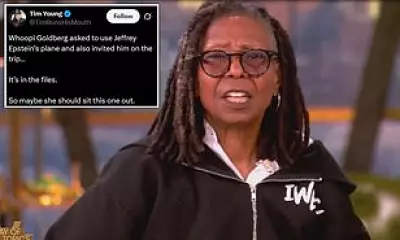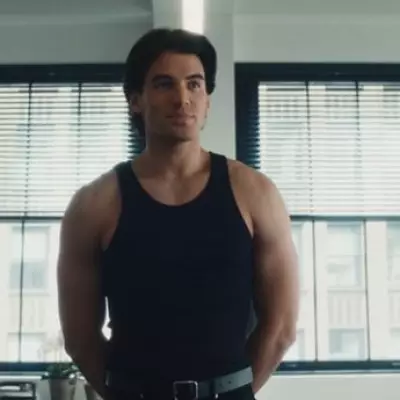
A BBC Breakfast editor has been formally cleared of any wrongdoing following a high-profile internal investigation into the editing of a Prime Ministerial interview.
The probe was launched after the programme faced a wave of viewer complaints, accused of 'censoring' a segment from an interview with Prime Minister Rishi Sunak.
The controversial edit saw a segment on the government's controversial plans for a new criminal offence of 'assisting illegal immigration' removed from a broadcast clip promoted on the BBC's official social media channels.
Viewer Backlash and Accusations
Audiences quickly noticed the omission and took to social media to express their fury, with many accusing the national broadcaster of political bias and deliberately suppressing a key government policy announcement.
The backlash was significant enough to prompt the BBC to initiate a formal internal review to examine the editor's decision-making process and whether it breached the corporation's strict editorial guidelines on impartiality.
The BBC's Findings and Defence
After a thorough investigation, the BBC has concluded that the editor acted within their editorial remit. The corporation defended the action, stating the edited clip was intended for a specific digital audience and was not a summary of the entire interview.
A BBC spokesperson explained: 'The clip was edited for promotional purposes on social media, focusing on the most newsworthy segment for that platform's audience. The full interview was broadcast on BBC Breakfast and remains available on iPlayer, ensuring comprehensive coverage.'
The internal ruling stated there was no evidence of malicious intent or political motivation behind the editorial choice, effectively dismissing the censorship claims.
Ofcom's Verdict and Wider Implications
UK media regulator Ofcom also assessed the complaints but declined to launch a formal investigation. The regulator found the BBC had not breached its broadcasting code, as the full, unedited interview was transmitted in its entirety during the live television programme.
This case highlights the increasing scrutiny and challenges faced by broadcasters in the digital age, where content is often repurposed across multiple platforms, each with different audiences and expectations.





